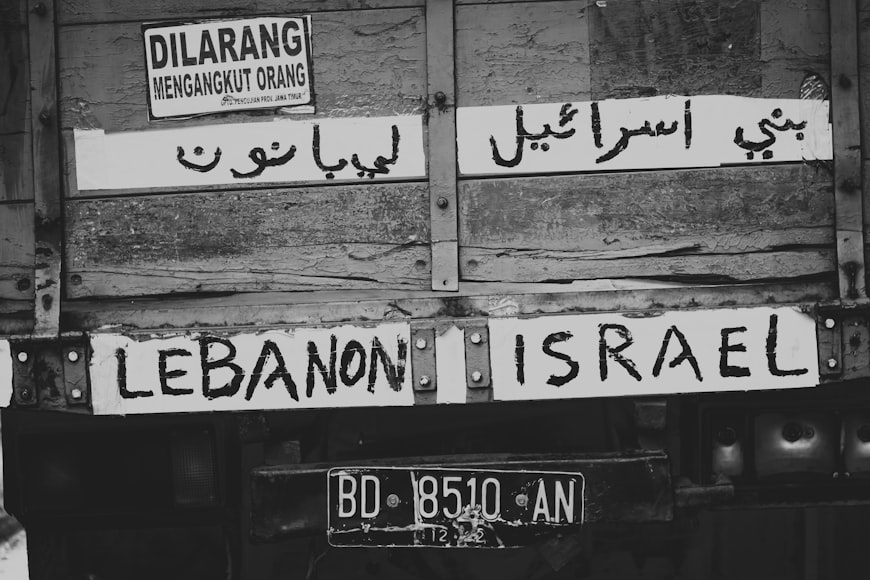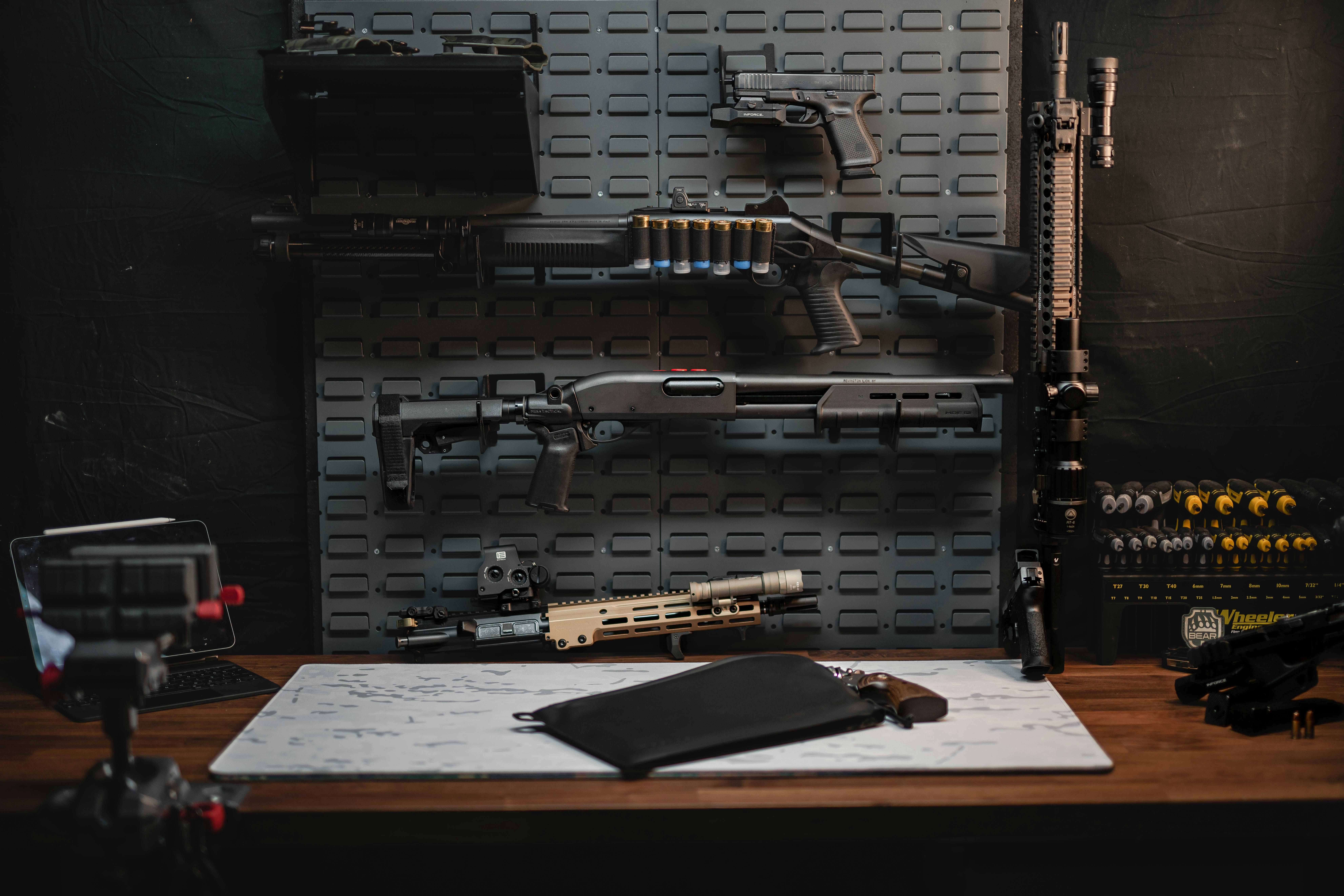Lebanese Fear Escalation with Israel, Citing Looming US Elections and Humanitarian Crisis
Lebanese citizens express growing fear and desperation as escalating conflict between Israel and Hezbollah, fueled by looming US elections and a worsening humanitarian crisis, threatens to plunge the country into all-out war.
 Back of Truck, Photo By: Hobi Industri
Back of Truck, Photo By: Hobi Industri"This is already a war," say many Lebanese citizens, as warnings from the United States about potential all-out conflict between Israel and Hezbollah fall flat. Elias Faouz, a 44-year-old architect in Beirut, echoes this sentiment, stating, "It has been going on for a year now." Faouz recalls the 2006 war between Israel and Hezbollah, where international mediation brought hope, but this time, with US elections looming, the situation feels different.
The conflict has already claimed over 600 lives in Lebanon since Monday, with at least 50 children and 94 women killed, according to Lebanon's Health Ministry. The country's foreign minister reports nearly half a million displaced individuals, with many seeking refuge in shelters or with family and friends.
Israel's military targets Iran-backed Hezbollah, particularly in southern Lebanon and Beirut, in response to Hezbollah's rocket and missile attacks. The tit-for-tat fighting has displaced tens of thousands on both sides of the border.
Lebanon's economic crisis, ongoing since 2019, and hosting 1.5 million Syrian refugees, exacerbate concerns about the impact of full-scale war. Sandra Moukhtar, an English teacher, expresses conflicted emotions, saying, “They are fighting their wars on our land. How many times should we pay the price of other people's wars?”
Moukhtar, a 50-year-old mother of two, lives in the Beirut suburbs and adds, “We do feel for the Palestinian cause. But why does it have to play out on our soil? So far, we have over 500 killed and thousands who have left their homes. How is this helping the Palestinian cause?”
The Israeli government has said that it doesn't want war with Hezbollah and that it can be avoided if the Iran-backed group stops firing into Israel. Hezbollah has also said that it does not seek war but that it will continue striking Israel until there is a cease-fire in Gaza.
Before Israel's siege on Lebanon began this week, 23 Israeli soldiers and 26 civilians were killed amid low-level, cross-border fighting. More than 500 Lebanese people, including at least 100 civilians, had been killed in those strikes.
The ongoing strikes are wreaking havoc on a country that has repeatedly been the stage for armed conflict – from a 15-year civil war that began in 1975 and involved both Syria and Israel, to an intense 2006 war between Hezbollah and Israel, and the simmering border fights in between.
Causing further worry for Lebanese people are the potential effects of a full-scale war on an economy that has been in crisis since 2019. The amount of people living below the poverty line rose from 12% in 2012 to 44% in 2022, according to the World Bank.
With a stream of people fleeing from the south to Beirut and other areas, it has been a daunting task for many to find a place to stay. Some have sought refuge with family and friends or churches, while nearly 40,000 displaced people are staying in 283 shelters, according to the U.N.'s International Organization for Migration.
Still, some have resorted to sleeping on the street, next to their cars. For many in Lebanon, peace cannot come soon enough. Sarah Waizani, 38, whose family fled the south after their town was bombed, pleads, “I want peace and love. I have nothing to do with politics or religion. I just want to live in peace.”





.jpg)

Conversation